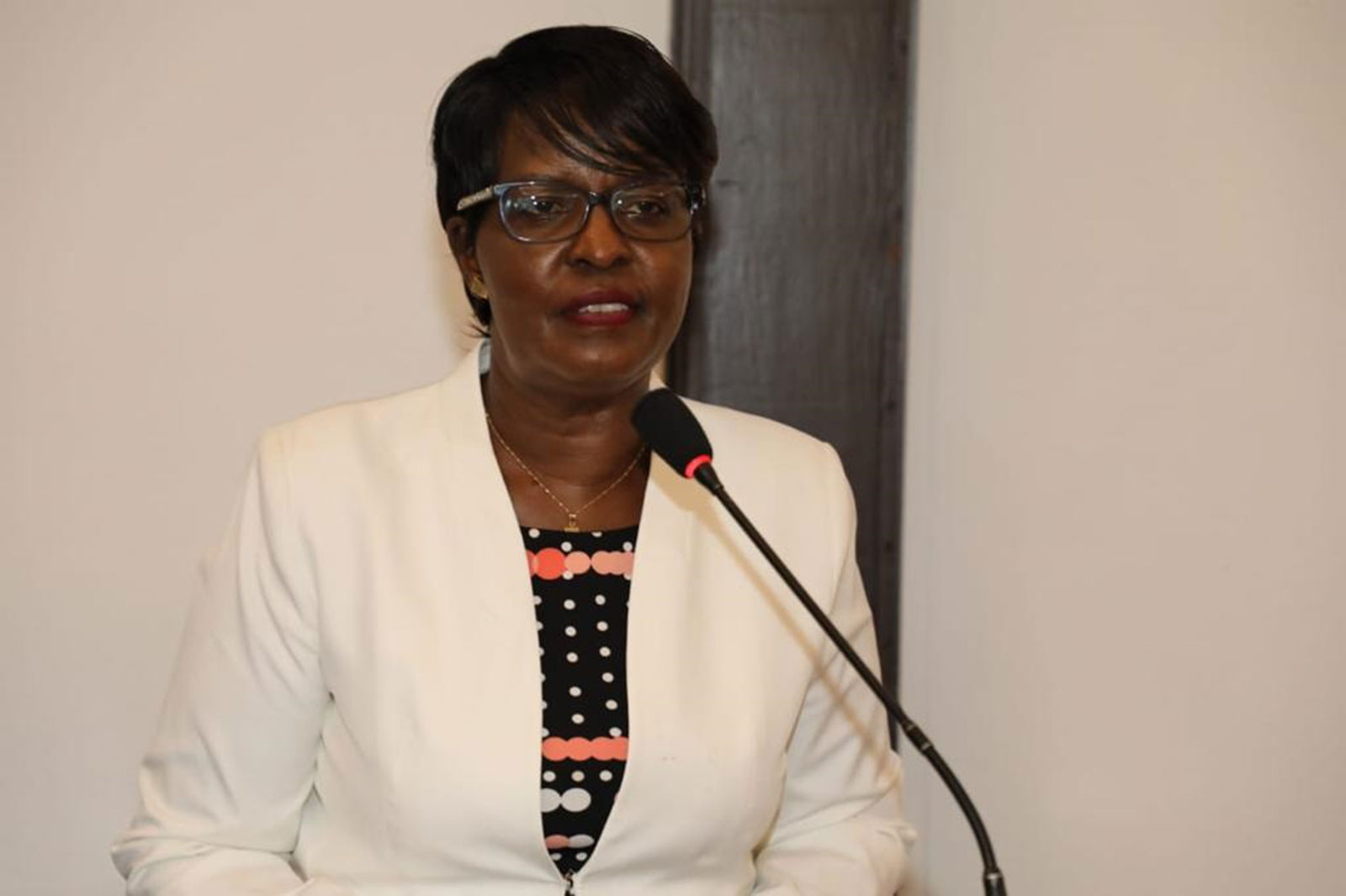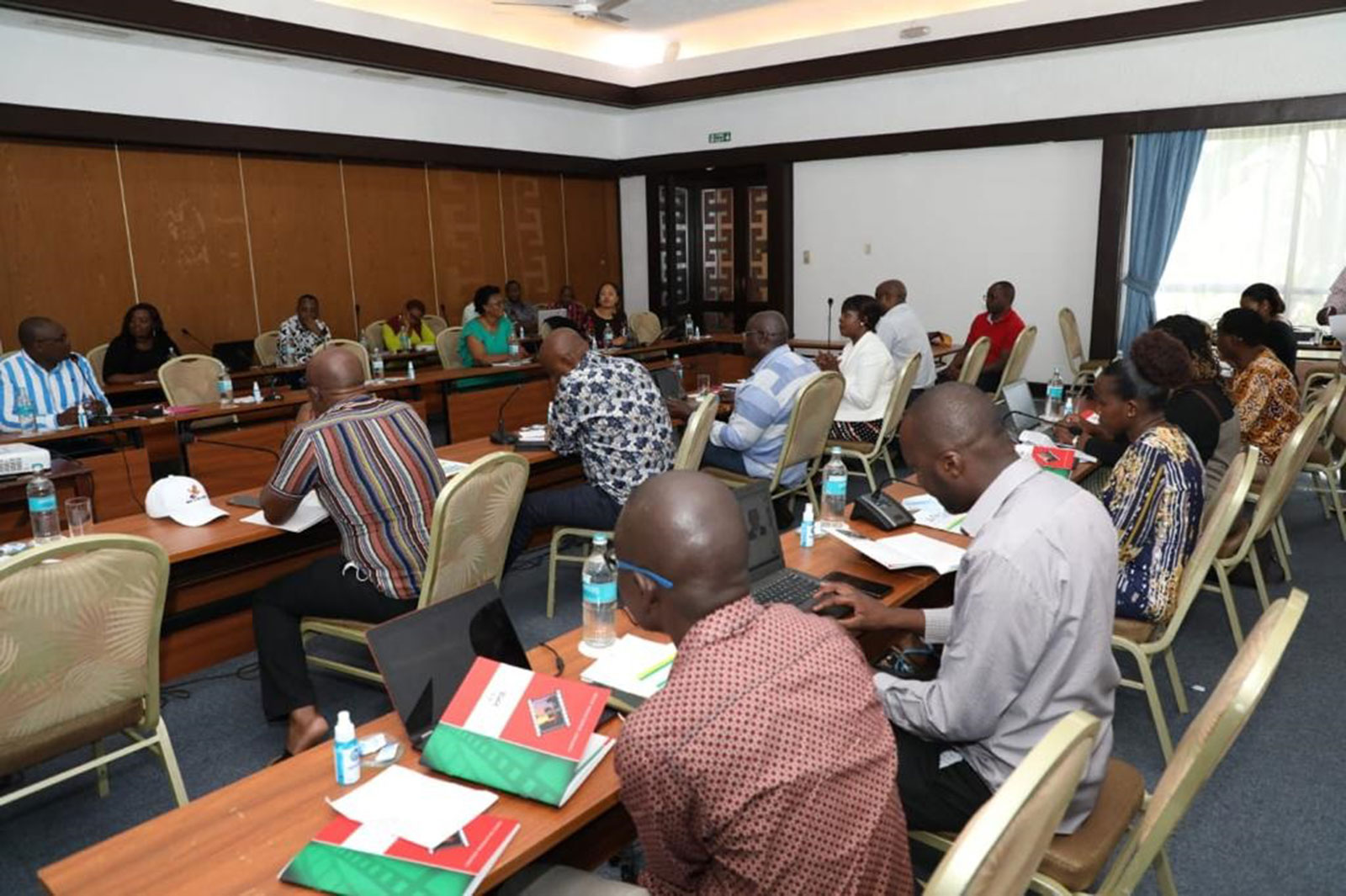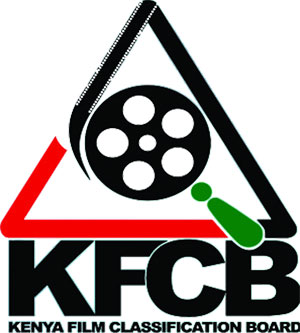KFCB Deliberates with Parliamentary Committee on Draft Co-Regulation Guidelines

The Kenya Film Classification Board (KFCB) Management, led by the Ag. CEO Mr. Christopher Wambua, today held a consultative meeting with Members of the Communication, Information and Innovation Parliamentary Committee, led by their Chair, Hon Jane Njiru.
They deliberated upon KFCB's proposed Co-Regulation Framework for broadcast, Video on Demand (VOD) and Over the Top (OTT) content as well as the Radio Content Classification Guidelines.
The draft Co-Regulation Framework is currently out for public feedback before being adopted by the Board.
In her opening remarks, Hon. Jane Njiru commended KFCB for the endeavour to bring order to the sector through the proposed Co-Regulation Framework as well as the Radio Content Classification Guidelines, which will soon be out for public participation.

"I wish to congratulate the Board for developing the documents," she said, adding that the proposed co-regulation was prudent in providing a sense of direction in the media industry.
The Chair also said that the media in Kenya had grown tremendously over the years and that the operating environment has become freer, liberalized and more competitive and the broadcast media has grown in leaps and bounds as the number of radio and television outlets has multiplied significantly.
She further said that the proposal by the KFCB was timely.
"The Co-Regulation Framework for broadcast, Video on Demand and Over The Top content and the Radio Classification Guidelines have come at the right time even as the Country prepares for the next general elections in August, 2022”, said Hon. Njiru, adding that if adopted, it would bring order in the media industry and address the proliferation of unclassified content on broadcast, VOD and online streaming platforms and protect the interest of Kenyans by ensuring that radio content aired during the Watershed Period (5am to 10pm) is appropriate for children and other vulnerable groups among other challenges.

It is important to note that the country has witnessed a rapid increase in penetration of broadband internet. The rapid changes in broadcast media landscape has impacted how media content is created and exhibited among the public.
The proposed Co-Regulation Framework will, therefore, see the involvement of industry players in the examination and classification of content meant to air on their respective platforms.
Under the proposed arrangement, KFCB will only classify 30 percent of the content meant for broadcast on traditional broadcasting and new media platforms. To ensure compliance, the local film and broadcast content regulator shall undertake regular audits on 70% of the self-classified content.
